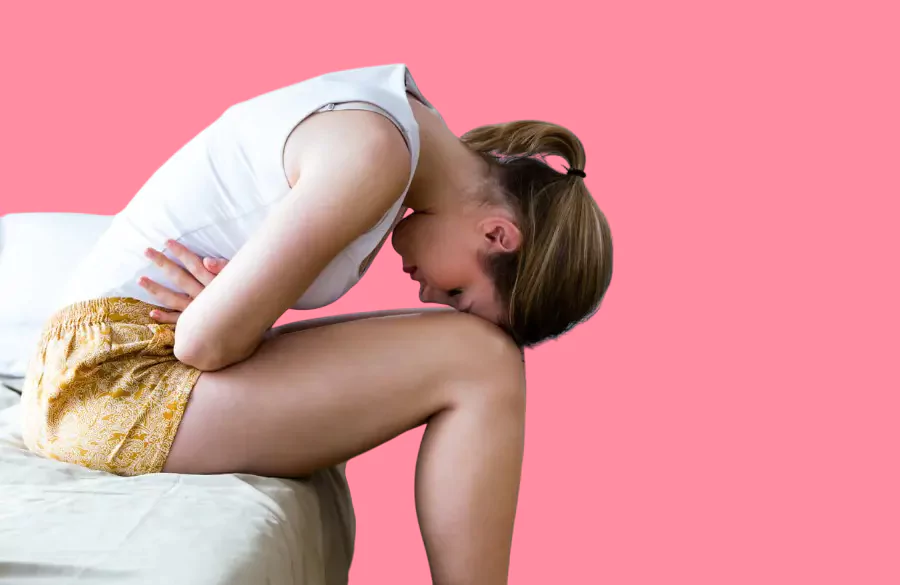Premenstrual syndrome (PMS) is a common problem women experience before their menstrual period, significantly affecting their physical and psychological well-being.
What is PMS?
It is a group of physical and emotional symptoms that typically appear a few days before the onset of menstruation and disappear immediately afterward.
Causes Associated with PMS
Although the exact cause is unknown, PMS is often associated with:
- Normal hormonal changes.
- Some women's sensitivity to fluctuations in estrogen and progesterone.
- Psychological factors such as anxiety or stress.
Common Symptoms of PMS

Symptoms vary from woman to woman, and the most prominent include:
- Mood swings.
- Bloating.
- Breast pain.
- Headaches and fatigue.
- Sleep disturbances.
Impact of PMS on Daily Life
It can lead to difficulty concentrating, decreased productivity, and strained social relationships due to mood swings.
How to Diagnose Premenstrual Syndrome
The doctor relies on tracking the symptoms associated with premenstrual syndrome through the patient's diary and tests to rule out other conditions.
How to Treat Premenstrual Syndrome
To reduce the severity of premenstrual syndrome, you can do the following:
- Exercise regularly.
- Eat a healthy diet rich in vegetables and fruits.
- Reduce caffeine and salt.
- Get adequate sleep and rest.
Treatment of Premenstrual Syndrome
Treatment depends on the severity of symptoms and may include:
- Mild pain relievers.
- Nutritional supplements such as calcium and magnesium.
- Hormonal medications in severe cases.
Does premenstrual syndrome affect all women?
No, but about 75% of women experience its symptoms to varying degrees.
Is it possible to completely recover from premenstrual syndrome?
There is no definitive cure, but symptoms can be largely controlled with a healthy lifestyle and appropriate treatment.
What is the difference between premenstrual syndrome and depression?

The symptoms may be similar, but depression lasts longer and is not directly related to the menstrual cycle.
Does premenstrual syndrome (PMS) affect pregnancy?
It does not directly affect a woman's chances of conceiving, but it can cause psychological and physical discomfort for her.
When should you see a doctor?
When symptoms worsen to the point where they interfere with daily life, or when another health problem is suspected.
A summary of PMS and how to deal with it
PMS is a common condition that affects women before their menstrual cycle due to hormonal and psychological changes. It causes symptoms such as mood swings and body aches.
It can be managed through a healthy lifestyle and avoiding triggers, while some cases may require medication under the supervision of a doctor.